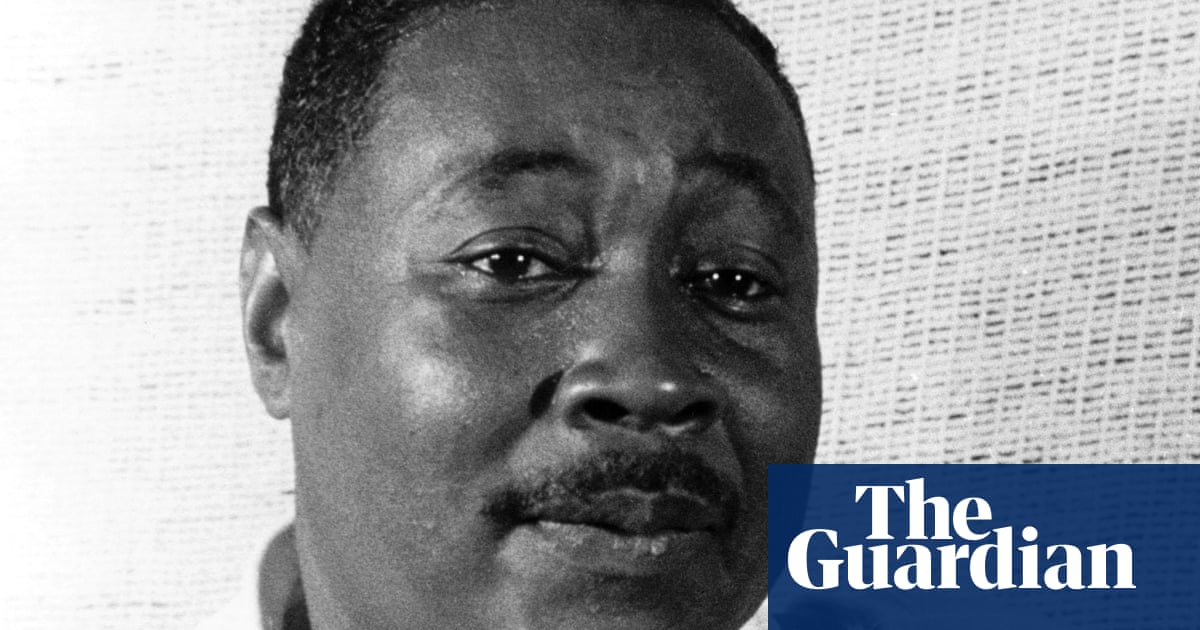America
Although she feeds me bread of bitterness,And sinks into my throat her tiger’s tooth,Stealing my breath of life, I will confessI love this cultured hell that tests my youth.Her vigor flows like tides into my blood,Giving me strength erect against her hate,Her bigness sweeps my being like a flood.Yet, as a rebel fronts a king in state,I stand within her walls with not a shredOf terror, malice, nor a word of jeer.Darkly I gaze into the days ahead,And see her might and granite wonders there,Beneath the touch of Time’s unerring hand,Like priceless treasures sinking in the sand.
America said …
America said: Now, we’ve left Europe’s soilWith its deep national jealousies and hates,Its religious prejudices and turmoil.To build a better home within our gates.English and German, French, Italian,And Jew and Catholic and Protestant,Yes, every European, every manIs equal in this new abode, God grant.
And Africans were here as chattel slaves,But never considered human flesh and blood,Until their presence stirred the whites in wavesTo sweep beyond them, onward like a flood,To seek a greater freedom for their kind,Leaving the blacks still half-slaves, dumb and blind.
Written more than 20 years apart, these two sonnets by the Jamaica-born, Harlem Renaissance poet, novelist and political activistClaude McKay(1890-1948), take differently angled critical positions to their common subject, and emphasise a different poetics. In America (first published in the Liberator magazine in 1921) conflicted emotions take metaphorical shape: the sonnet has stylish literary manners. America said … (number 34 in a sequence, The Cycle, written around 1943 but only published posthumously) bears the strong trace of the poet’s earlier political thinking, although written after his conversion to Catholicism and scathing rejection of Marxist ideology. The pared style is almost journalistic compared with America.
The cruel betrayal of being fed the “bread of bitterness” by a maternal, female America, and subjected to the throat-wound of her “tiger’s tooth” forms the faintly biblical-sounding starting point for the earlier poem. Its development expands the verbal complexity. Still early on, the speaker “confesses” dramatically, “I love this cultured hell that tests my youth”. The brilliant oxymoron “cultured hell” inscribes the poet’s love-hate for America, and may suggest a nation’s “cultivated” hatred for his people. But the young poet’s invigoration becomes a moral testing that leads to calm self-possession “as a rebel fronts a king in state”: true civilisation is the ability to “stand within her walls with not a shred / Of terror, malice, not a word of jeer”. This line suggests the power of passive resistance, or resistance channelled into the creative accommodation of opposition via language.
McKay’s smooth deployment of the Shakespearean sonnet form and metre also makes room for its Romantic ancestry. Shelley’s sonnetOzymandiasseems to haunt the gratifying vision of the decay of “bigness”, the physical collapse of an emblem of tyranny into “sand”, as the speaker looks at the future fall of America’s “granite wonders”. “Time’s unerring hand” prevails, in this sonnet, over the communist vision of the revolutionary dismantling of capitalism.
“Nonviolent passive resistance is effective as long as your opposition adheres to the same rules as you do,” Nelson Mandela wrote. “But if peaceful protest is met with violence, its efficacy is at an end. For me, nonviolence was not a moral principle but a strategy; there is no moral goodness in using an ineffective weapon.” America said … marks the despair of the weaponless, splicingoctavefromsestet, and separating theoretical New World idealism from brutal reality. The country, now, is ungendered, barely personified: although America “speaks” it is with a voice whose time is past, whose prayed-for vision of equality stays unrealised. Europeans become one exploitative “ruling class” in the sestet, inculpated by the shock of its opening line: “And Africans were here as chattel slaves …” It’s the Black presence that impels the “flood” of white power-seekers forward. The “greater freedom for their kind” is white freedomfromthe Black population, a freedom never to be shared.\
Sign up toBookmarks
Discover new books and learn more about your favourite authors with our expert reviews, interviews and news stories. Literary delights delivered direct to you
after newsletter promotion
Although the metre is loose at times, a five-stress (pentameter) line is sustained by the sonnet’s inherent vocalisation. For example, the third line, theoretically tricky to scan, is perfectly sayable with a rocking, oratorical movement around the five emphases. More variation is possible in scanning the last line. If “half” is stressed (“leaving theblacksstillhalf-slaves,dumbandblind”) it’s as though the devalued humanity of a “slave” had been halved again. Ifslavesis also stressed, the line delivers a heavily drawn-out and almost weapon-raising conclusion.
America said … gains from being read alongside its neighbours. The whole 54-poem sequence isn’t readily accessible online; however,an 18-poem extractthat includes the introductory “proem” is illuminating. McKay insists boldly on his new genre: a sonnet-guided personal-political autobiography. Form heightens the political passion of The Cycle sonnets, but the feeling “I” resonates above the literary voice and the meta-poetic, potentially revolutionary genre, the public speech, is ever-present.
Rhetorical pacing and cadence inform America, too, despite the more literary lexicon. Alongside the deeply absorbed influences of Petrarch, Shakespeare and Shelley,great orators such as Marcus Garveymake echoes in the deceptively small-looking, but rich and expansive sound-chamber of the McKay sonnet.
